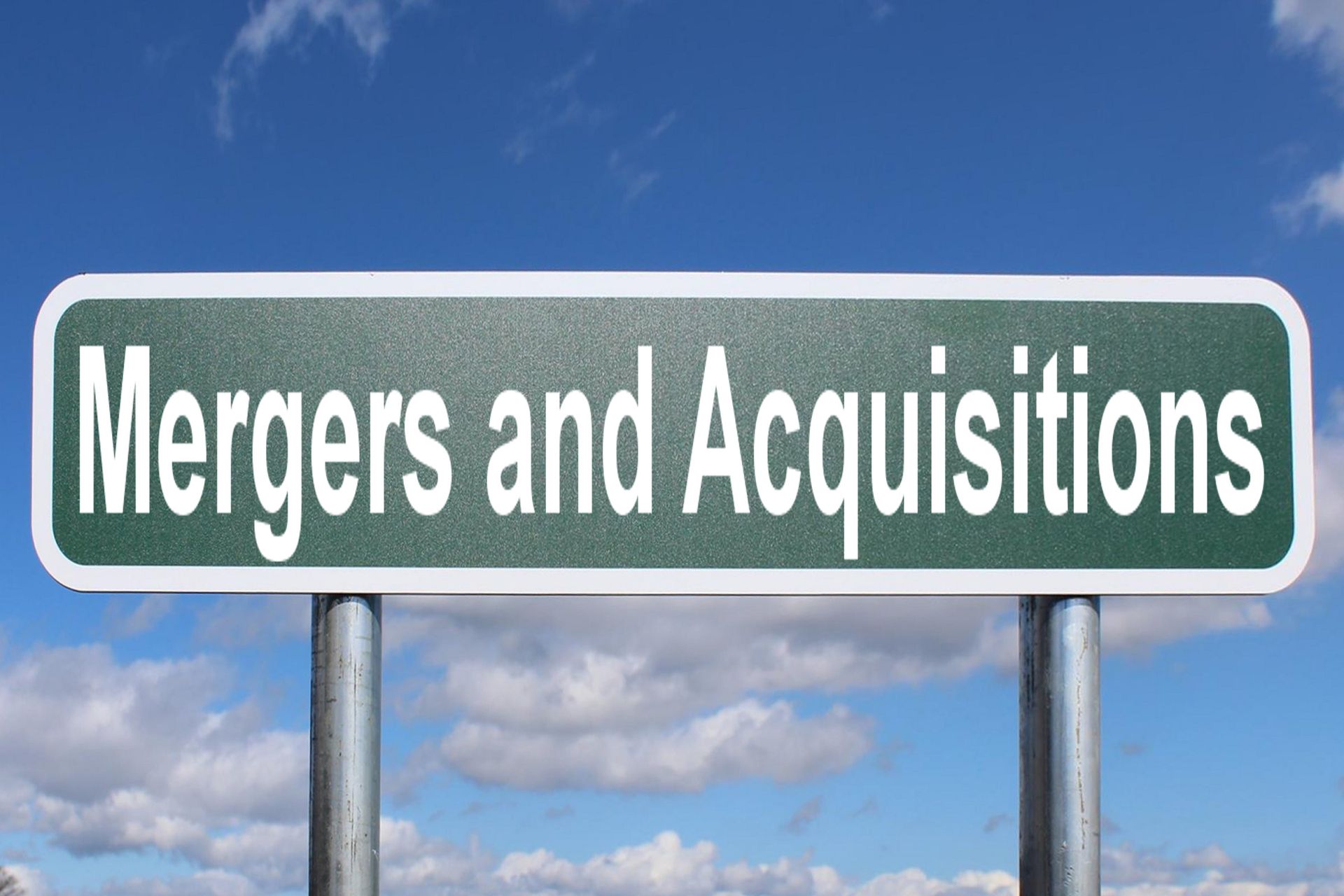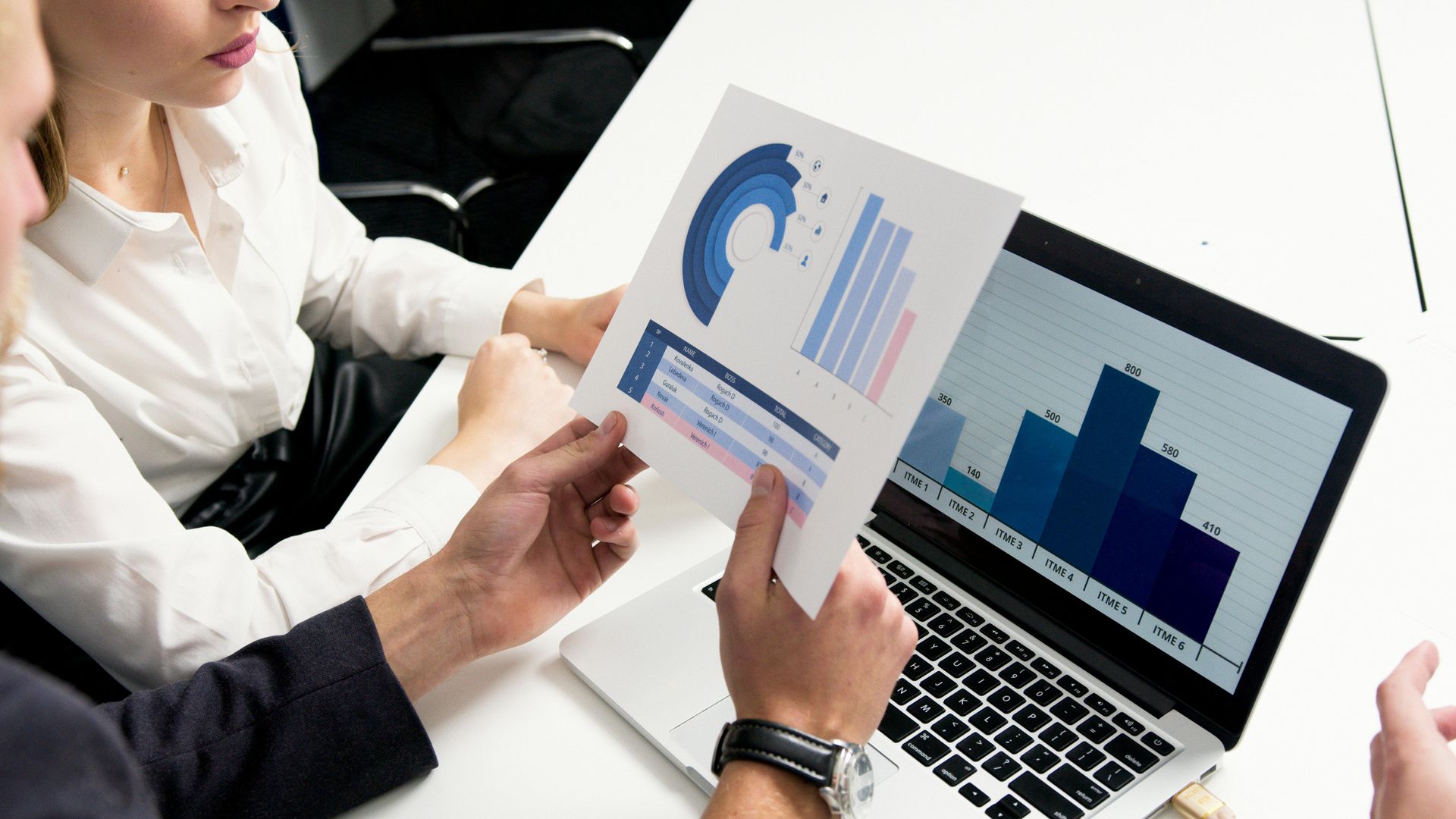The benefits of networking
We’ve all heard the saying “it’s not what you know but who you know”. Within some industries, this is certainly more important than in others. However, for project managers, the benefits of networking are often critical to delivering great project outcomes.
The benefits of networking can take on many different forms and networking does not have to be as daunting as perhaps it once was.
The Benefits of Networking
- It can secure your next contract or client.
- You may find a like-minded ally, supporter, or just someone that can be relied upon to listen and provide advice.
- You can keep up to date with what is happening in the project management profession, and your specific industry.
- Learn about changes to technology, software, and acquire knowledge that will help you in your role as a project manager.
“The time to build a network is always before you need one”
Business Leader, Douglas Conant.
Types of Networking
Face-to-face events
The traditional form of networking for project managers has typically been in person. Post pandemic we hope to see more face-to-face events, providing the opportunity for connecting with other professionals.
Webinars and virtual events
In the meantime, attending online events is a good way to continue networking and stay up to date.
Communities of practice
If there is an area you’re particularly interested in, there are groups that you can join. These may provide you with opportunities to connect with other project managers that you have a shared interest in and can also help you build on your knowledge in this area.
Zoom, Facetime, and Skype
These are great tools for keeping connected and communicating, especially when communicating in person isn’t an option or proves to be difficult. Ask the person you want to speak with if it’s ok to use video.
Social Networks
According to Bill Gates, “The Internet is becoming the town square for the global village of tomorrow”.
Social networking on platforms such as LinkedIn can facilitate an introduction that may otherwise be hard to come by.

What to do before a Networking event
Whether you are attending a physical or online event the same principles apply.
- Consider your goals : Whether the event is in person or virtually, it is important to set some time aside to consider what you would like to achieve by attending. If you’re attending a virtual event where a particular subject is going to be covered, consider whether there are any questions you would like to ask the presenters beforehand.
- Be authentic: When networking, be genuine with the person or group you’re speaking to. Remember everyone is in the same position as you and are looking to learn and grow in their profession by networking.
- Follow up. Too often in either professional or social settings, there is little or no follow-up. It can be as simple as a thank you or nice to see your email.
- Be realistic. Networking takes time – it’s not a race to collect the most business cards. Try not to be too harsh on yourself, keep at it and over time you will build a genuine network of like-minded professionals
Connecting with people or indeed businesses is not a simple process (but it’s not as hard as we think either) – it requires time and patience but can prove extremely beneficial in both the short and long term.
While networking can initially be uncomfortable, remember those that make it look natural were probably just like you once and persisted to get to the place they’re in now.
Click here to contact us



